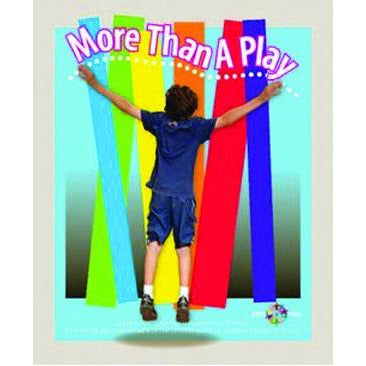Rudine Sim Bishop’s essay, Mirrors, Windows, and Sliding Glass Doors explores the necessity for educators to integrate diverse literature into their classes. She argues that books serve as “mirrors” in the classroom, where characters and events can often reflect a student’s experiences. Literature also serves as a “Window”, in which students may not be connecting to the story on a personal level but offer insight into what an event or person could feel like. “Sliding glass doors”, are immersive experiences where the literature is taken to a level where students can step into the shoes of someone else and gain even more insight into the story, fostering empathy and understanding.
Bishop emphasizes that the literacy resources used in classrooms have been dominated by white, western narratives. Classrooms today are becoming more diverse, and promote equity, but with a lack of diverse literature this can turn children away from the love of stories, and books. Students see themselves in stories contributing to their self-worth. Similarly literature acts as a window, exposing students to different perspectives and worldviews, broadening their own.
As a new educator..
As a new teacher, Bishop’s ideas resonate with me deeply. I recognize the importance of using diverse literature in classrooms because it is important for students to get read different perspectives, to grow their own and become more inclusive. Diverse stories provide the “mirror” and “window” affects but to make things become more impactful I want to have stories be a “Sliding Glass Door”. Drama is the best way to unlock the impact literature can have on students because they must step into the role of a character when they do different drama activities. David Craig’s More Than a Play is a collection of plays that covers several equity, and social justice issues for upper elementary, and all ages above. When selecting plays and dramatic works for my students, I want to ensure that the stories we bring to life represent a wide range of voices and lived experiences. This could include staging performances that highlight Indigenous stories, multicultural folktales, or contemporary plays that address themes of identity, belonging, and reconciliation. Additionally, drama activities such as role-playing, storytelling circles, and improvisational exercises allow students to step into someone else’s shoes, fostering empathy and understanding—just as Bishop describes with literature functioning as a sliding glass door.

Craig, David S. (2011). More Than a Play. Elementary Teachers of Ontario
As I go through the program I learn that one of the best ways to teach students about social injustices, and equity is through literature. In a classroom setting, educators must be intentional in selecting literature that represents the diverse identities of their students. This means incorporating books that feature characters from different racial, ethnic, linguistic, gender, and socio-economic backgrounds, as well as those that include varying abilities, family structures, and lived experiences.
Bishop’s framework underscores the importance of representation and exposure to diverse narratives in education. Without mirrors, students may feel unseen and devalued. Without windows, they may grow up unaware of perspectives beyond their own. Without sliding glass doors, they may lack the emotional engagement needed to become empathetic, socially responsible individuals.
As an educator, I know that my job is important and I feel empowered knowing that my job matters. It is encouraging that I know I can help students grow as people by introducing them to several perspectives to aid in them growing as people.

